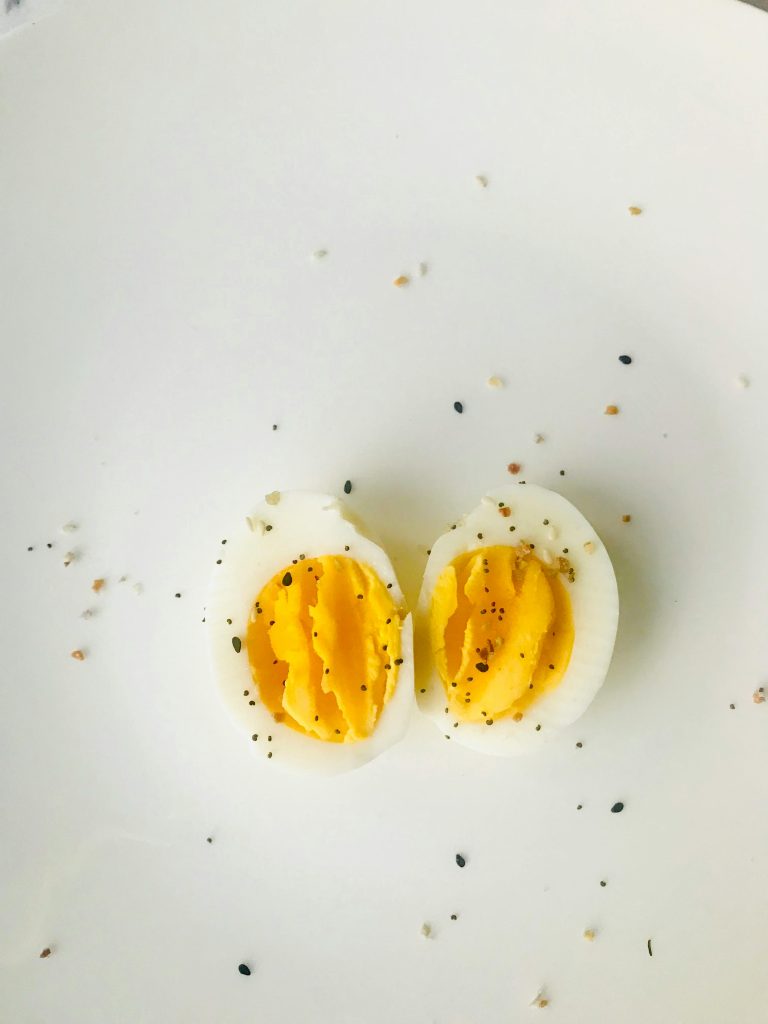All fields are required
Posted in Food Safety,Our Blog on May 6, 2025

Hard boiled eggs are something easy to make, easy to carry and taste pretty good, but how long can you keep hard boiled eggs? This question is something that many are curious about especially as the weather warms and these simple and easy to find (usually) snacks are great to eat and add flavor to just about any dish. My personal favorite being a salad.
The old ads for “the incredible edible egg” were so catchy they still live rent-free in our brains, but exactly how long are hard-boiled eggs good for? The quick answer is: They last a shorter period than raw eggs. The exact amount of time depends on whether or not they’re refrigerated. Hard-boiled eggs left at room temperature will go bad faster than ones that go straight into the icebox.
Proper storage for these oval protein powerhouses is essential. Full of nutrition benefits, hard-boiled eggs come in clutch for healthy breakfasts, but a spoiled one can lead to foodborne illness.
According to the U.S. Food & Drug Administration (FDA), eggs should always be refrigerated at a temperature of 40 degrees Fahrenheit or below to ensure the best quality and safety. Whether they’re peeled or still in the shell, hard-boiled eggs that are stored properly in the fridge should be consumed within one week after cooking.
Of course, sometimes you might have to leave hard-boiled eggs out for some time, like for an Easter egg hunt (or maybe you just accidentally forgot to stick your leftovers in the fridge — we’ve all been there!). If you’re wondering if it’s safe to eat those eggs that’ve been left out at room temperature, you should know that hard-boiled eggs outside of the refrigerator won’t last for more than two hours, according to the Center for Disease Control and Prevention (CDC). And if they’ve been left at a temperature of 90 degrees Fahrenheit or hotter, you should toss them after just one hour.
Just like unpeeled hard-boiled eggs, peeled eggs can last up to seven days in the refrigerator if they are kept in an airtight container.
Spoiled eggs are at increased risk for bacteria which can cause salmonella symptoms, so it is really important to know if they’ve gone bad. Just like with fresh eggs, you should check to see if your hard-boiled eggs have any foul odors; if they smell like sulfur or give off any other rotten smells, you should definitely discard them right away. And of course, if you’re ever not sure, play it safe and throw them out.
As mentioned before, hard-boiled eggs should be stored at a temperature of 40 degrees Fahrenheit or below. (Note: It’s also not recommended to freeze hard-boiled eggs.) When it comes to storage methods, store hard-boiled eggs in a covered food container in the refrigerator — and if you’re planning on transporting them (to a picnic, for example), you should try to keep them cold in an insulated cooler or with frozen gel packs. For maximum freshness, you should also leave them unpeeled in their shells until you are ready to eat or prepare them.
Whether you are looking to cut these yummy treats up for salads, eat them whole or however else you choose to enjoy them always make sure you are following the best food safety practices to avoid getting sick.
For more food safety tips please follow Make Food Safe.